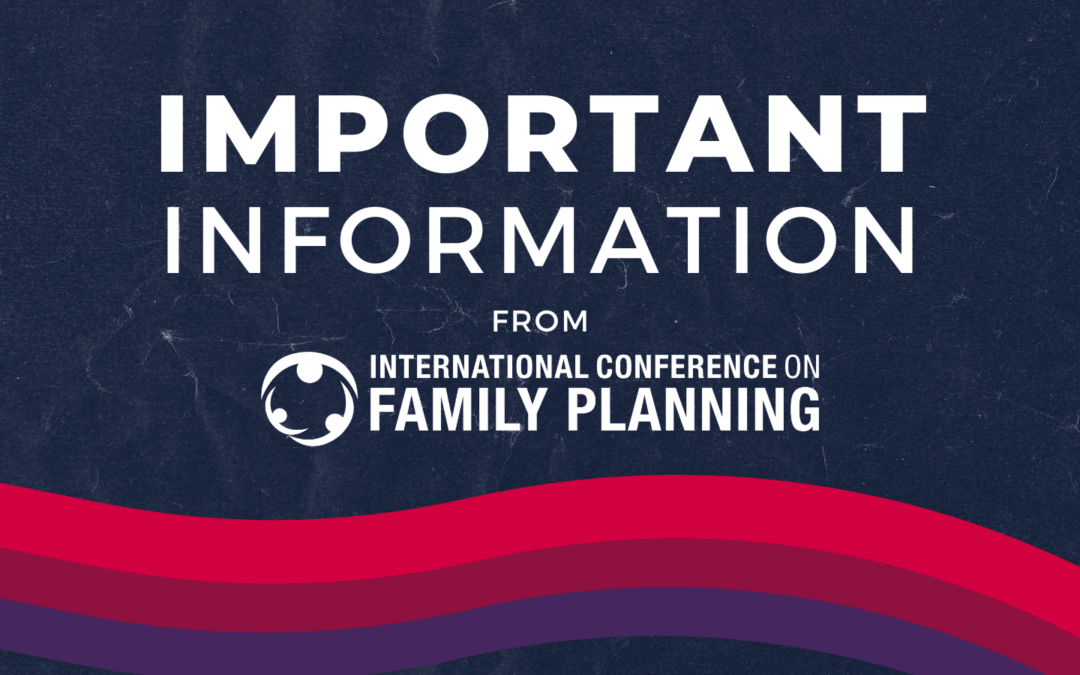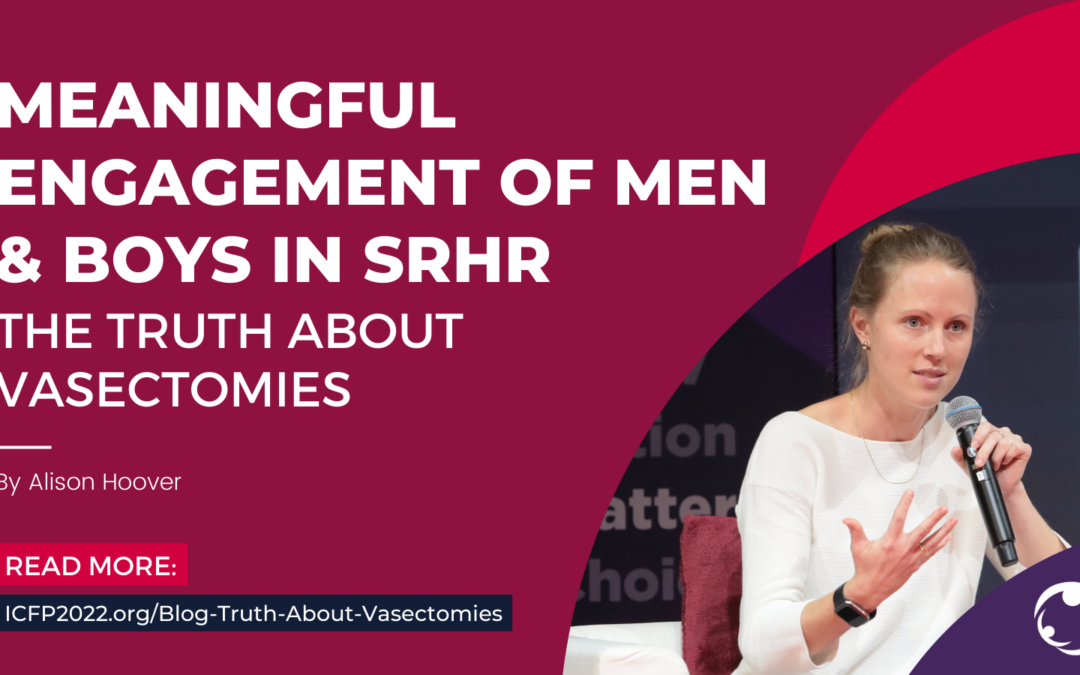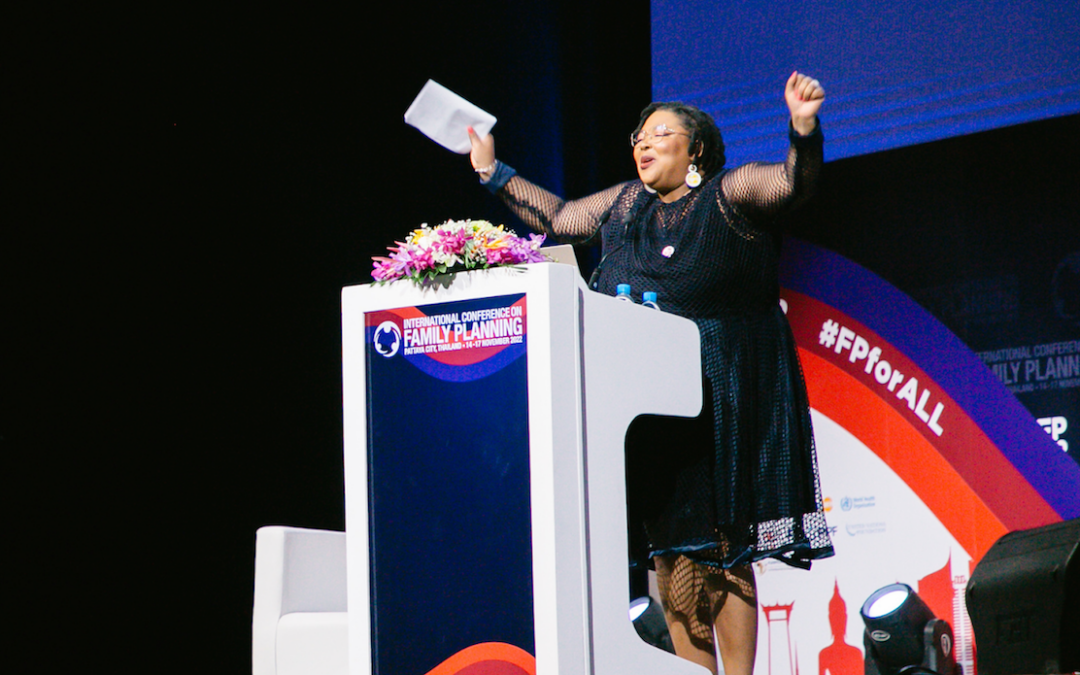Written by Yunah Bvumbwe, Girls’ Globe
This article originally appeared on Girls’ Globe. Reposted with permission.
Being a young woman living in a rural or remote community can be very daunting. You have to fight tirelessly to loosen yourself from the grip of sociocultural stigmatization to have any sense of autonomy over your sexuality.
The situation is worsened by the absence of easy access to modern family planning methods. The problem lies in the fact that when coming up with sexual and reproductive interventions for women and adolescents, our governments still rely on ‘a one size fits all’ approach.
But women in rural areas have different lifestyles and challenges than women living in urban communities.
When it comes to sexual and reproductive health, one size fits all really makes no sense. One size fits all isn’t good enough.
In Zimbabwe, the fact that young women and adolescents in rural and remote communities are still struggling to access modern family planning methods – or even comprehensive sex education – is overlooked. These issues are still regarded as taboo, and in my community you can’t talk openly about them.
It’s a different scenario for women and adolescents in urban communities within Zimbabwe. In urban areas, it’s possible to access both information and services through youth friendly centres, Non Governmental Organisations and other diverse forums.
I believe that women can only enjoy their sexual and reproductive health and rights if they have access to relevant services and supplies – including access to contraceptives and accurate information on how to use them – regardless of geographical area or socioeconomic status.
The government of Zimbabwe is committed to ensuring improved availability of and access to quality integrated family planning services for all women irrespective of age, marital status and their geographical location by the year 2020.
A sizeable number of interventions have been made. For example, we now have an ambassador for Family Planning to advocate for family planning. This is a great initiative, but in rural areas this ambassador is not visible, and so issues are misrepresented! This type of intervention is relative – it primarily benefits the adolescents and young women in urban areas the brand ambassador is engaging with – which makes it an unfit approach for women collectively.
I believe that this kind of intervention leaves a lot of women behind.
A large percentage of Zimbabwean women are in rural communities. Adolescents and young women in rural areas need interventions they can relate to – services that resonate with their particular reality and their existing level of understanding.
As much as there have been family planning and contraceptive outreach services, it is still absurd that in rural areas adolescents and young women continue to have unwanted pregnancies and new cases of HIV infections. The reason behind this is a lack of positive and affirmative approaches towards women’s sexuality.
From my experience in a rural area, the healthcare service providers are not youth friendly and they tend to have a negative perception of young women trying to access family planning. As a result, adolescents and young women shy away from these health centres as they don’t trust the service providers.
This is very disturbing, as trust should be one of the core values health service providers should strive to uphold at all times. I believe that it would be a great idea for genuinely youth friendly centres to be established in rural and remote areas. This would encourage adolescents and young women to seek out sexual education and feel comfortable asking questions about the family planning methods that will work best for them. It would also help conservative rural communities to recognize family planning as not only a priority, but also a right.
Sexual and reproductive health and rights of women and adolescents in rural communities should be prioritized in Zimbabwe, and the government must be held accountable for delivering meaningful and diverse approaches in tackling the family planning challenges our country faces. Without this, achieving the FP2020 targets will not be possible.





